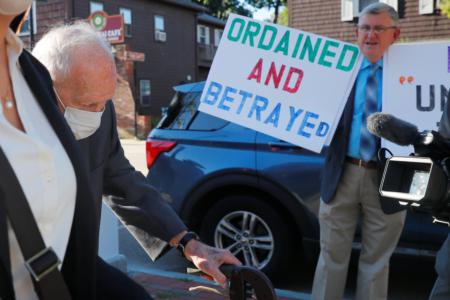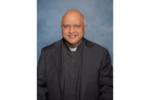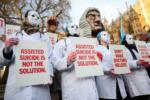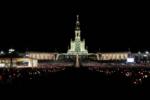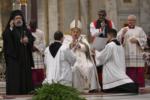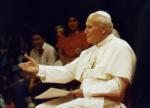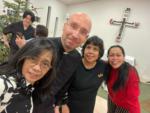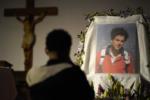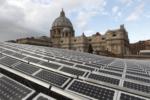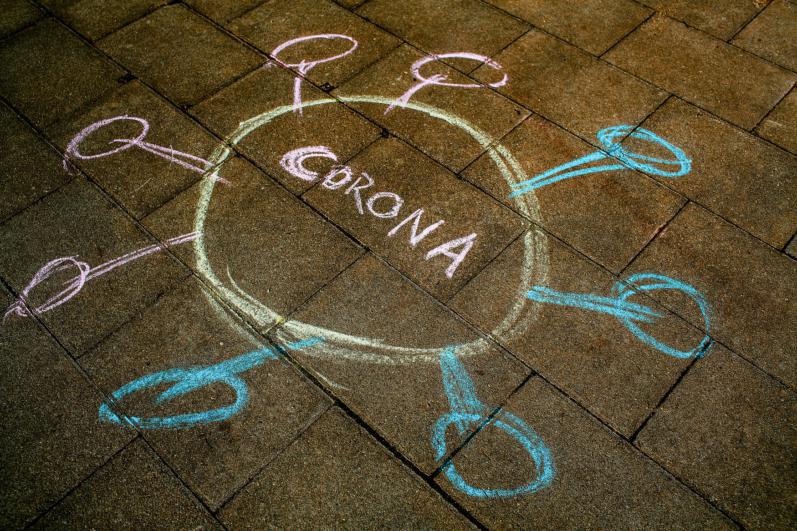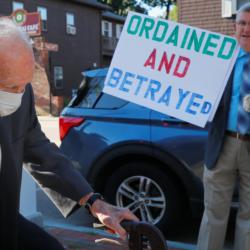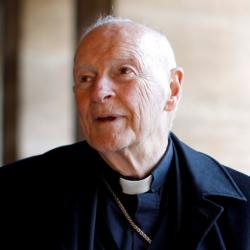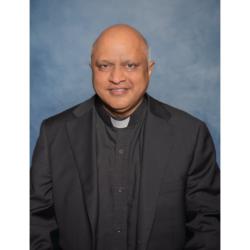Archdiocesan schools face challenges of omicron variant
BRAINTREE -- Almost two years have passed since the coronavirus prompted the closure of schools. Now, while the archdiocesan schools remain open and committed to in-person instruction, the spread of the omicron variant of the coronavirus is causing considerable challenges for the schools in matters of staffing and safety measures.
Speaking to The Pilot on Jan. 11, Archdiocesan Superintendent Thomas Carroll said that these are "very trying times for everyone who works in Catholic schools." He applauded the teachers' "incredible commitment" and said he thinks people should be appreciative of them taking care of children even as coronavirus cases increase.
"I think they should be considered by the public as frontline responders," he said.
The omicron variant of the coronavirus is more contagious than any variant preceding it. However, Carroll noted, while the number of cases among students and staff is "dramatically higher," most seem to pick up the virus outside of school, and transmission within the schools remains low.
If a student or faculty member tests positive for the coronavirus, they have to quarantine for a minimum of five days. This can cause difficulties if too many of a school's faculty members are unable to teach. While the numbers of cases in individual schools vary widely, Carroll said there have been a few instances in which a quarter of the students and staff were out sick.
Each school can decide whether to remain open or temporarily close if too many students or staff members are sick. This sometimes happened in the first year of the pandemic, when some schools in communities with high numbers of coronavirus cases closed for periods of time.
"If it's at all humanly possible, our schools will remain open, with the exception of, if we just don't have enough staff for a particular school," Carroll said.
The spread of the omicron variant has also prompted the extension of one particular safety regulation: the requirement that masks be worn in schools. In this matter, the archdiocesan schools have once again followed the guidance of the state.
Throughout the pandemic, Gov. Charlie Baker has been respectful of schools' religious liberties, and policies set out for the public schools have not been imposed on the archdiocesan schools. However, the archdiocese has voluntarily based the guidelines and requirements for its schools on those set forth for the public schools.
Before this academic year began, the governor issued a universal mask requirement for public school faculty, staff, and students five years and older. This requirement was supposed to end on Jan. 15 but was recently extended to Feb. 28. After conferring with Cardinal Seán P. O'Malley, Carroll decided the archdiocesan schools would do the same.
In a Jan. 11 communication announcing the extension, Carroll professed a belief that their ability to keep schools open would be "seriously compromised" without mask requirements in place.
"We have prioritized keeping our schools open, but to do so requires maintaining safeguards that will protect students, faculty, and their older relatives. These safeguards include social distancing, washing hands, keeping buildings clean, and the masking of students and staff," Carroll said in the letter, which was posted on the Catholic Schools Office's website.
There are some exceptions to the mask requirement. Children under the age of five are not required to wear masks, nor are people whose doctors advise against it for medical reasons. In schools where at least 80 percent of the community -- students, staff and faculty -- has received the coronavirus vaccine, vaccinated individuals may go without masks.
Carroll acknowledged the frustration of some parents who do not want their children to wear masks any longer. However, he said, "given what's happening with the numbers with omicron, I think this is the wrong time for us to take any undue risk."
He also noted that those same parents "fervently" want the schools to remain open. But without the mask mandate, many schools would likely see closures.
"Faced with those two choices, we prioritized keeping our schools open and believe that, given what's going on, wearing masks is a small price," Carroll said.
